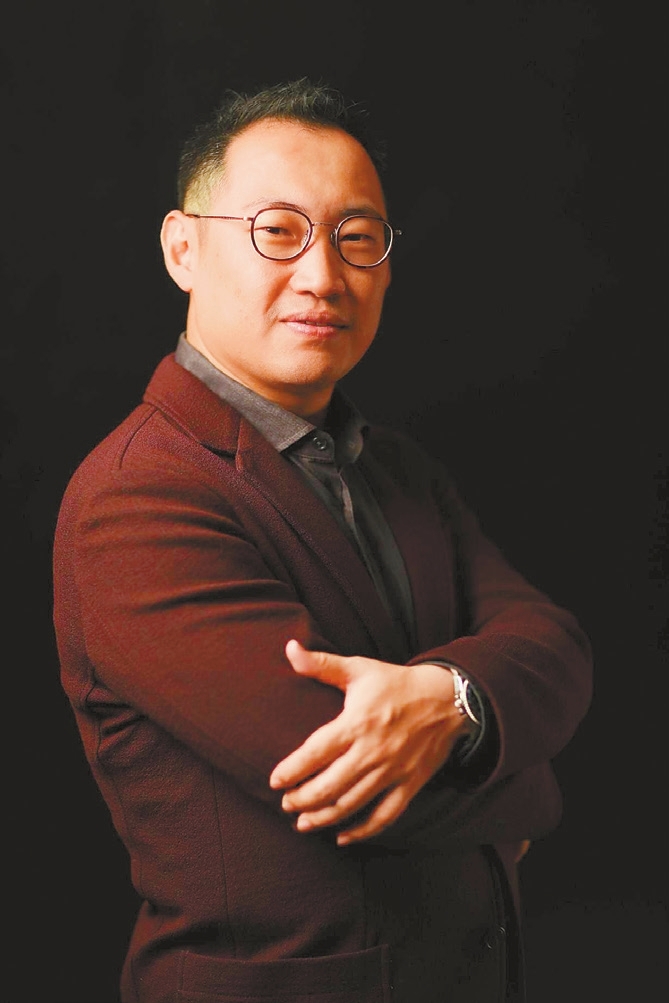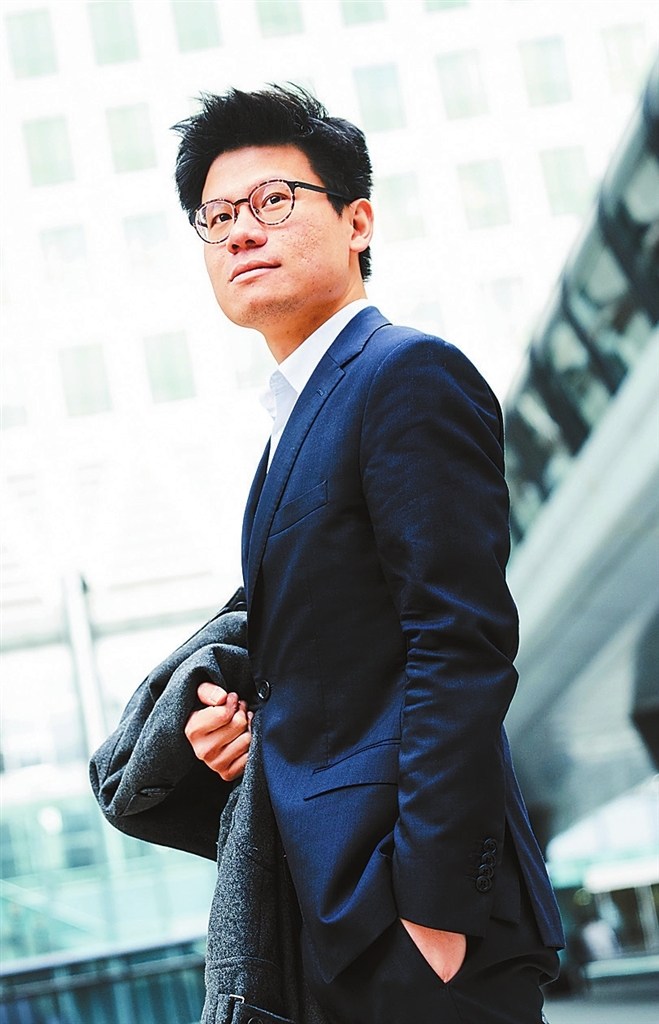



Debra Li debra_lidan@163.com WHILE it has become a new tradition for Shenzheners to welcome another year with classical music, the schedule at the Shenzhen Concert Hall at the turn of each year is increasingly busy. Sponsored by the Shenzhen branch of Bank of Communications, a New Year’s Day concert will be staged at the venue, performed by the China National Opera House (CNOH) Symphony Orchestra. Helmed by CNOH chief resident conductor Yuan Ding, the concert will feature pianist Kong Jianing and violinist Yang Xiaoyu as soloists. Shunning the regular Strauss waltzes and festive Chinese tunes like “Dance of the Golden Snake,” the program of this concert is both unconventional and crowd-pleasing. The audiences will hear part of Edvard Grieg’s “Peer Gynt Suites” and his famous “Piano Concerto in A Minor,” the fourth movement from Gustav Holst’s “The Planets,” Franz Waxman’s “Carmen Fantasy,” and Tchaikovsky’s “1812 Overture.” Known as the “Chopin of the North,” Grieg’s works are infused with his admiration for the serenity and beauty of the Norwegian landscapes; the folk music traditions of his home country also form an essential part of his music. He wrote music of a distinguished lyrical quality and emotional depth, expressed through refined melody lines and sophisticated harmonic changes. The “Peer Gynt Suites” are selections of the music originally written in 1876 at the request of Henrik Ibsen as the incidental music to the playwright’s “Peer Gynt,” a play about the titular Norwegian folk hero. Scoring international success, the works have since become a popular part of concert repertoire worldwide. The fourth movement of “The Planets,” with the subtitle “Jupiter, the Bringer of Jollity,” creates a festive mood appropriate for the New Year’s occasion. Holst began to write the piece right before the First World War, inspired by astrology. The whole score has become a modern classic, often performed in a pops setting. John Williams borrowed thematic ideas from the piece for some of his film scores, most notably in “Star Wars.” Interestingly, inspired by Bizet’s opera “Carmen,” Waxman’s “Carmen Fantasy” was originally written for the Warner Bros. 1947 film “Humoresque,” for John Garfield to “play” on screen to Isaac Stern’s recording on the soundtrack. After watching the film, legendary violinist Heifetz asked Waxman to expand the work for him to play on a popular radio program, “The Bell Telephone Hour.” After a successful premier in 1946, “Carmen Fantasy” has become Waxman’s most requested concert work and the post-Heifetz generation of violinists has championed the work throughout the world. The “1812 Overture” was written in honor of the completion of the Cathedral of Christ the Savior in Moscow, which served as a memorial commemorating Russia’s victory in the 1812 French Invasion. The cathedral wasn’t completed on schedule, and Tchaikovsky himself disliked the piece, a kind of commissioned work. However, the work became a fan favorite and frequently appears in pop culture. From the introductory Russian hymn to the bombastic cannon fire that concludes this unashamedly nationalistic concert piece, it’s one of the best examples of Tchaikovsky’s mastery of orchestration. Apart from a carefully chosen program, the concert invites the CNOH Symphony Orchestra to perform. Not just adept at performing opera music, the orchestra has accumulated a rich repertoire that spans a large number of classical, romantic, and contemporary works. A professor of piano at the Royal College of Music in Britain, Kong has performed to great critical acclaim throughout the United States, Europe and Asia. He won prizes in many international piano competitions such as the Leeds, Scottish, Santander, Beethoven (Bonn), Valsesia, Tunbridge Wells, and Sydney. Late pianist Fu Cong had praised Kong as “very talented.” A teacher at the China Conservatory of Music, violinist Yang had previously served as the concertmaster of the China National Center for the Performing Arts Orchestra. At 16, he won first prize at the 4th International Tchaikovsky Competition for Young Musicians. He went on to achieve good results at many other international competitions and now is an accomplished soloist, chamber musician as well as music educator. This will be the second year that Shenzhen Concert Hall has worked with the local bank branch to present a New Year’s concert. On Jan. 1, 2021, a concert was staged featuring the Shanghai Philharmonic Orchestra, and the concert was warmly received by classical music fans. The two parties also signed a strategic partnership agreement Thursday, promising to co-organize more quality projects in the future. At the ceremony to honor the newly minted partnership, radio emcee Gu Zhao was invited to lecture on the program of the New Year’s concert, followed by a brilliant performance of the Chinese song “Liuyang River” and Ravel’s “La Valse” (“The Waltz”) by young pianist Luo Wei. Tickets: 180-1,280 yuan Time: 8 p.m., Jan. 1, 2022 Venue: Shenzhen Concert Hall, Futian District (福田区深圳音乐厅) Metro: Line 3 or 4 to Children’s Palace Station (少年宫站), Exit D | 
